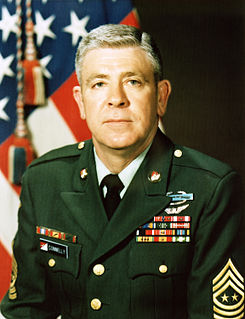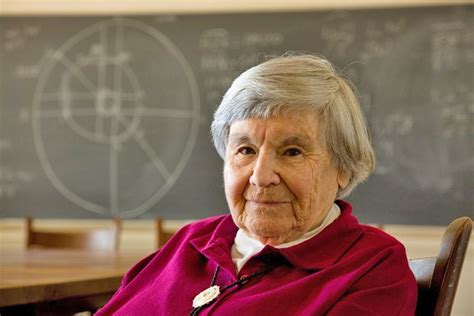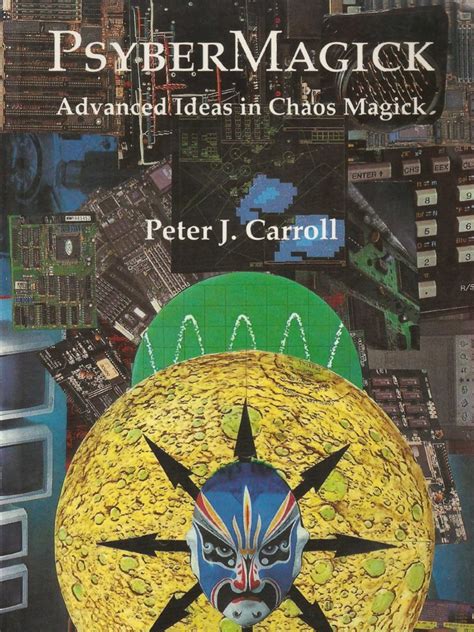A Quote by Dalai Lama
If one assumes a humble attitude, one's own good qualities will increase. Whereas if one is proud, one will become jealous of others, one will look down on others, and due to that there will be unhappiness in society.
Related Quotes
There is no true and constant gentleness without humility. While we are so fond of ourselves, we are easily offended with others. Let us be persuaded that nothing is due to us, and then nothing will disturb us. Let us often think of our own infirmities, and we will become indulgent towards those of others.
A wider of more altruistic attitude is very relevant in today's world. If we look at the situation from various angles, such as the complexity and inter-connectedness of the nature of modern existence, then we will gradually notice a change in our outlook, so that when we say 'others' and when we think of others, we will no longer dismiss them as something that is irrelevant to us. We will no longer feel indifferent.
We would willingly have others perfect, and yet we amend not our own faults. We would have others severely corrected and will not be corrected ourselves. The large liberty of others displeases us, and yet we will not have our own desires denied us. We will have others kept under by strict laws, but in no sort will ourselves be restrained. And thus it appears how seldom we weigh our neighbor in the same balance with ourselves.
Society is made up of individuals. The thoughts and actions of each individual influence the culture of that society. Instead of waiting for others to improve, we should try to improve ourselves. Once our attitude has changed, we will be able to perceive goodness throughout world. If there is a positive change in us, it will also be reflected in others. It is only what we give that we can hope to get back.
Every good soldier wants to live in an organized environment, secure in the knowledge that he or she will not be threatened or harassed by others, confident that his or her efforts will be recognized, and aware that the nonproductive soldier will be invited to leave. In such an environment, soldiers will be proud of their units and will demonstrate that pride with their performance and behavior.
You will be educated, which means that you will be interested where others are bored, that you will notice unities where others experience randomness, and that you will intend meanings where others are just spouting words. For exactly that is supposed to be the result of becoming literate: The world becomes a thick texture of significance that you know how to “access.
Ideas about a person's place in society, his role, lifestyle, and ego qualities will lose their hold as the cohesive forces in society disintegrate. Subculture values will proliferate to such a bewildering extent that a whole new class of professionals will arise to control them. Such a Transmutation Technology will deal in fashions, in ways of being. Lifestyle consultants will become the new priests of our civilizations. They will be the new magicians.
When therefore we are hindered, or disturbed, or grieved, let us never attribute it to others, but to ourselves; that is, to our own principles. An uninstructed person will lay the fault of his own bad condition upon others. Someone just starting instruction will lay the fault on himself. Some who is perfectly instructed will place blame neither on others nor on himself.
When you find out who you are, you will no longer be innocent. That will be sad for others to see. All that knowledge will show on your face and change it. But sad only for others, not for yourself. You will feel you have a kind of wisdom, very mistaken, but a mistake of some power to you and so you will sadly treasure it and grow it.
The rocks are where they are- and this is their will. The rivers flow- and this is their will. The birds fly- this is their will. Human beings talk- this is their will. The seasons change, heaven sends down rain or snow, the earth occasionally shakes, the waves roll, the stars shine- each of them follows its own will. To be is to will and so is to become.
If you establish a democracy, you must in due time reap the fruits of a democracy. You will in due season have great impatience of public burdens, combined in due season with great increase of public expenditure. You will in due season have wars entered into from passion and not from reason; and you will in due season submit to peace ignominiously sought and ignominiously obtained, which will diminish your authority and perhaps endanger your independence. You will in due season find your property is less valuable, and your freedom less complete.







































